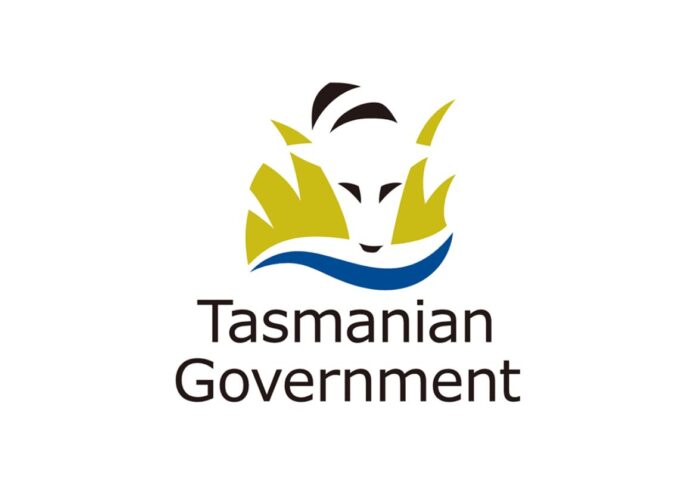
The Tasmanian Government has taken a significant step towards advancing green hydrogen initiatives by signing a Joint Declaration of Intent with the Free Hanseatic City of Bremen in Germany.
In a news release, the government said the collaboration focuses on green hydrogen development, aligning with Tasmania’s commitment to renewable energy generation.
Tasmania’s Renewable Hydrogen Action Plan and the Tasmanian Green Hydrogen International Engagement and Export Strategy provide the framework for this international partnership.
The Joint Declaration of Intent outlines priority areas for cooperation such as research, innovation, and development as well as hydrogen and wind energy industry and business development.
Remote applications, including Polar and offshore projects and the adaptation to the Consequences of Climate Change, are also included in the partnership’s key priorities.
Minister for Energy and Renewables Guy Barnett said the partnership aims to bolster Tasmania’s position as a leader in large-scale green hydrogen production by 2030, catering to domestic and export demands.
“These priority areas will help Tasmania to further establish international supply chains to advance our economy, job opportunities, skills, hydrogen technologies as well as provide new opportunities for trade in sectors ancillary to the hydrogen industry buildout,” he said.
According to Barnett, with its 100 per cent renewable electricity, abundant water resources, and excellent port infrastructure, Tasmania is well-positioned to capitalise on these opportunities.
This Joint Declaration of Intent follows Tasmania’s green hydrogen agreements with the Flanders region in Northern Belgium in 2022 and with the Port of Rotterdam in 2021.
Bremen and Bremerhaven share an ambitious hydrogen agenda that aligns seamlessly with Tasmania’s green hydrogen vision.
The collaboration aims to advance and develop green hydrogen technologies through a fruitful exchange of knowledge, experience, and scientific research.
Kristina Vogt, Bremen Senator for Economic Affairs, Ports, and Transformation, emphasised the importance of global collaboration to achieve a green energy transition.
“Notably, Tasmania is clearly committed to green hydrogen. Global collaboration is needed to achieve a green energy transition” Vogt said.
She added, “Our partnership can therefore be another building block for an extremely positive development of the hydrogen economy in Northern Germany.”
Meanwhile, Kathrin Moosdorf, Bremen Senator for Environment, Climate, and Science, highlighted the central role of science in this cooperation.
“Researchers from both regions work on many common topics. Transferring these research results to business and society will add significant value,” Senator Moosdorf said.




















